Vietnam's major import markets are increasingly conducting trade defense investigations on a variety of products such as aluminum, steel, fiber, seafood, plywood, textiles, honey, etc., forcing businesses to strive to find solutions to respond.
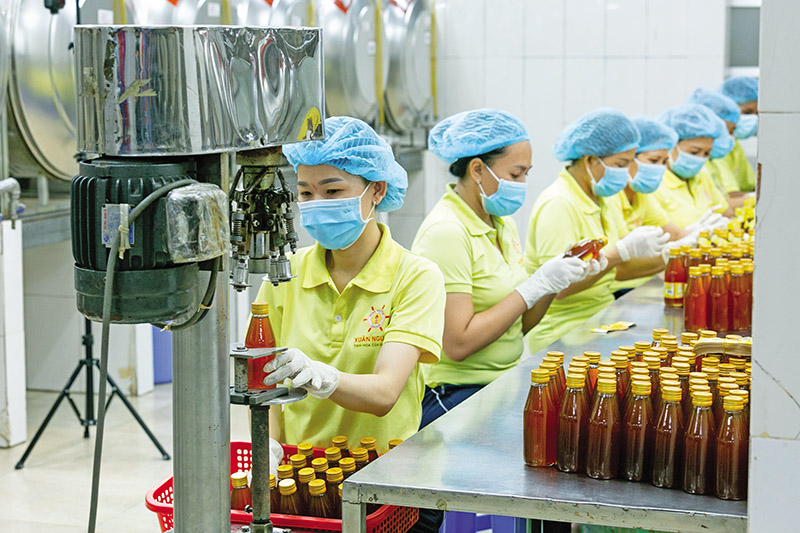 |
| Honey is a product subject to quite heavy trade defense measures. |
Increased trade defense investigations
According to the Ministry of Industry and Trade , up to now, Vietnamese goods have faced a total of 252 defense investigations from 24 markets, including 138 anti-dumping investigations, 50 self-defense cases, 27 anti-subsidy cases and 37 cases of anti-evasion of trade defense measures.
In 2023 alone, 15 new cases initiated by foreign countries against Vietnamese goods will arise. The US is the country that initiated the most investigations, with 7 cases, including 4 anti-dumping investigations, 1 anti-subsidy investigation, and 2 product scope/anti-trade defense tax evasion investigations.
Mr. Ngo Sy Hoai, Vice President and General Secretary of the Vietnam Timber and Forest Products Association (Viforest), said that many countries apply trade defense measures in the context of Vietnam increasing the processing and export of key products such as textiles, footwear, electronics, wood, etc.
“For plywood exported to the Korean market, Vietnamese enterprises are being subject to anti-dumping tax of around 10%. Recently, Korea has reviewed it, but basically still maintains this tax rate for the new cycle. Meanwhile, Vietnamese upholstered chairs exported to Canada are being subject to tax of around 100% and almost no enterprises can export this product to the Canadian market,” Mr. Hoai informed.
The US alone has blacklisted 37 Vietnamese hardwood plywood processing and exporting enterprises. This has caused many difficulties for enterprises investing and developing the plywood industry with the aim of exporting to the US market.
“Anti-dumping and anti-subsidy taxes are often quite high, up to over 200%, so almost no business can withstand them. Especially small and medium-sized enterprises with low resilience are easily affected by trade defense measures that large markets can impose,” Mr. Hoai emphasized.
Regarding the honey industry, the US previously imposed anti-dumping taxes on honey exported from Vietnam at very high rates, ranging from 410.93 - 413.99%. Since April 2022, the official tax rate on Vietnamese honey exported to the US has decreased to 58.74 - 61.27%.
Most recently, the US Department of Commerce plans to issue a conclusion on the second administrative review of the anti-dumping tax order on Vietnamese honey, no later than June 30, 2025, putting honey exporting enterprises at risk of losing export opportunities to the US market.
Mr. Lu Nguyen Xuan Vu, General Director of Xuan Nguyen Group Joint Stock Company, said that honey businesses in Vietnam have not really paid attention to this issue. Currently, domestic businesses are only competing with each other on price, without investing resources and upgrading products to gain a foothold in the world market.
“The dumping of some businesses has caused many disadvantages for the Vietnamese bee industry. In Xuan Nguyen, the honey output exported to the US by businesses is decreasing by about 40%,” said Mr. Vu.
Solutions for businesses
Commodities such as aluminum, steel, fiber, seafood, plywood, textiles, honey, etc. are facing increasing risks related to anti-dumping lawsuits and traceability of origin.
According to Mr. Ngo Sy Hoai, the market is increasingly demanding, while wood materials exploited from forests, whether planted or natural, are very sensitive to the environment. Therefore, businesses need to strengthen their trade defense capacity, have a team of personnel specializing in implementing accountability, collecting information and listening to the market situation to have self-defense measures when being investigated.
 Enterprises need to strengthen their trade defense capacity, have a team of specialized personnel to carry out accountability, collect information and listen to the situation to have self-defense measures.
Enterprises need to strengthen their trade defense capacity, have a team of specialized personnel to carry out accountability, collect information and listen to the situation to have self-defense measures. 
“In particular, there needs to be trained personnel to participate in hearings, testify, and prove the innocence of businesses. With the US investigating hardwood plywood imported from Vietnam, 37 businesses were blacklisted mainly due to inconsistent and incomplete reporting, not due to violations,” said Mr. Hoai.
Therefore, businesses must soon improve their management and apply reliable technical software to provide evidence that they have performed their explanations very well, have not violated regulations, and demonstrate their ability to comply with the law when there are investigation teams.
Textile and garment industry is also subject to many trade defense measures. Mr. Pham Van Viet, Vice President of Ho Chi Minh City Textile and Garment Embroidery Association, informed that recently, the Indonesian Ministry of Trade has approved the policy to protect the textile and garment industry. Accordingly, there will be at least 2 measures applied, including anti-dumping tax and self-defense tax at the rate of 100 - 200%. This tax rate will push the selling price up 2 - 3 times, making it very difficult to compete.
It is forecasted that in 2025, trade defense measures will tend to increase, textile and garment enterprises need to prepare and find alternative sources of raw materials. For the US market, Vietnamese enterprises need to pay attention to importing cotton and yarn, shifting raw material imports from prohibited areas to areas with proven origin.
“I hope that through communication channels, businesses will be more aware and have effective measures against increasing trade defense measures,” Mr. Viet suggested.
Regarding the honey industry, Mr. Lu Nguyen Xuan Vu proposed establishing an association to have a common voice and have sanctions to deter businesses that "break the rules" and destroy prices in domestic and foreign markets.
Source: https://baodautu.vn/doanh-nghiep-viet-oan-lung-ung-pho-voi-phong-ve-thuong-mai-d223435.html





![[Photo] Prime Minister Pham Minh Chinh and Prime Minister of the Kingdom of Thailand Paetongtarn Shinawatra attend the Vietnam-Thailand Business Forum 2025](https://vphoto.vietnam.vn/thumb/1200x675/vietnam/resource/IMAGE/2025/5/16/1cdfce54d25c48a68ae6fb9204f2171a)




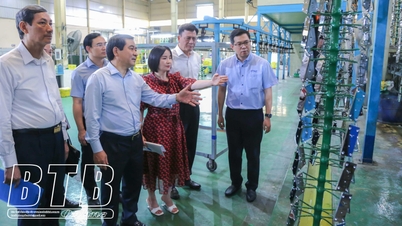

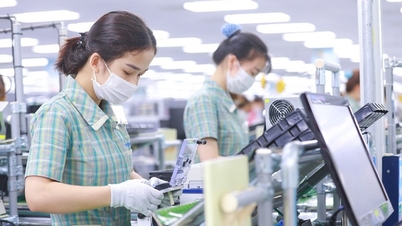

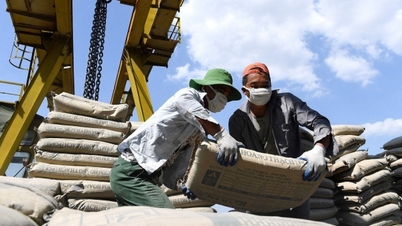






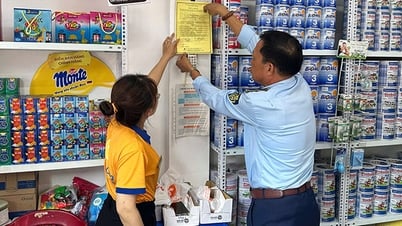
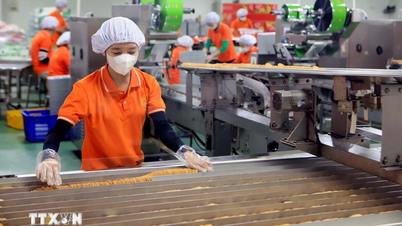













![[Photo] President Luong Cuong receives Prime Minister of the Kingdom of Thailand Paetongtarn Shinawatra](https://vphoto.vietnam.vn/thumb/1200x675/vietnam/resource/IMAGE/2025/5/16/52c73b27198a4e12bd6a903d1c218846)































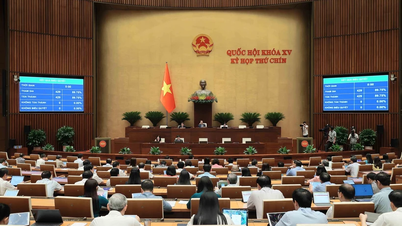






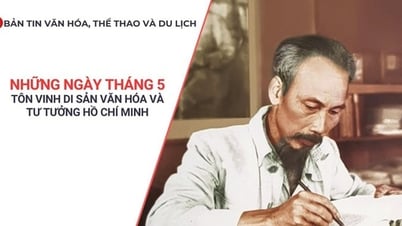

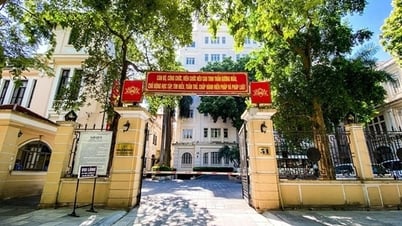









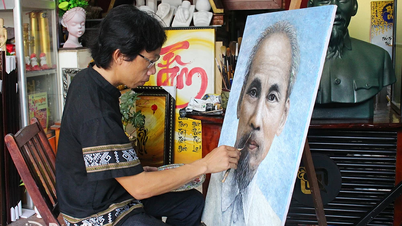

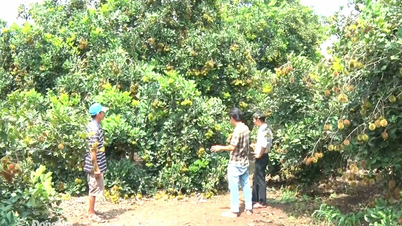












Comment (0)